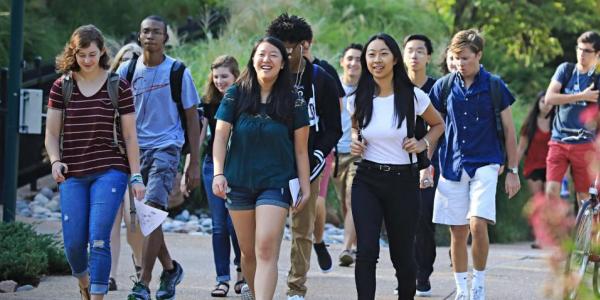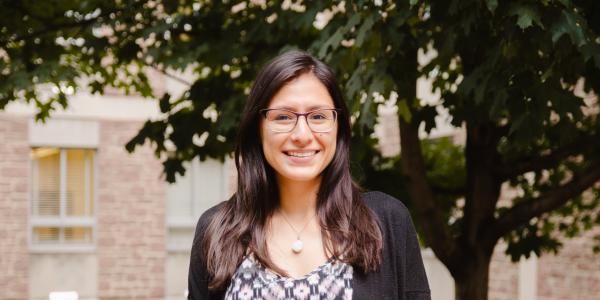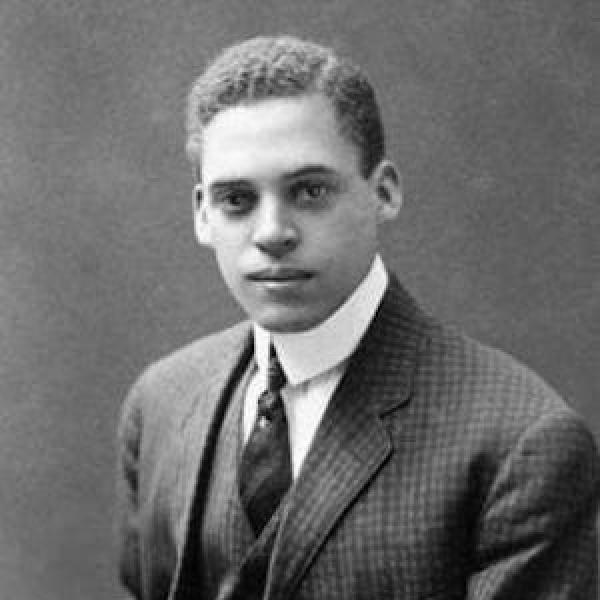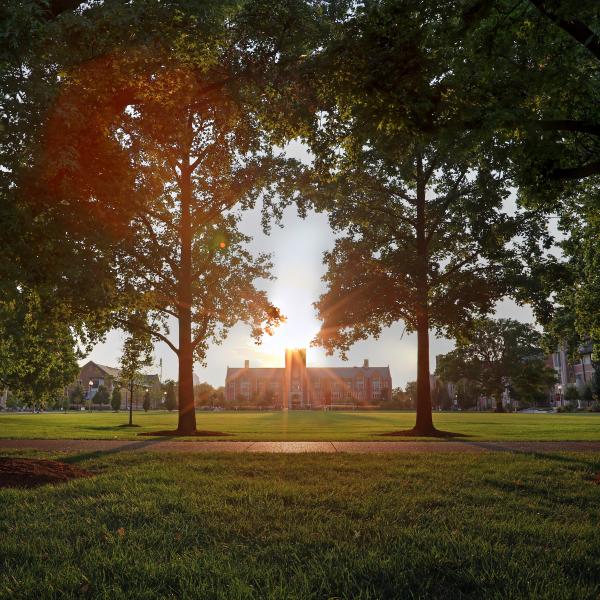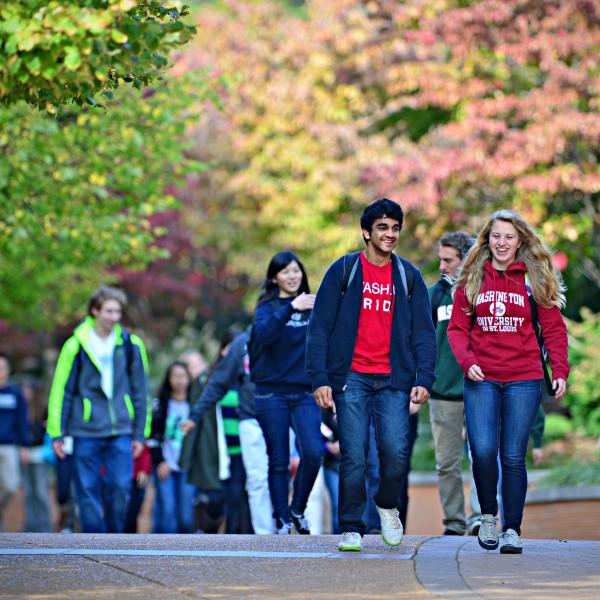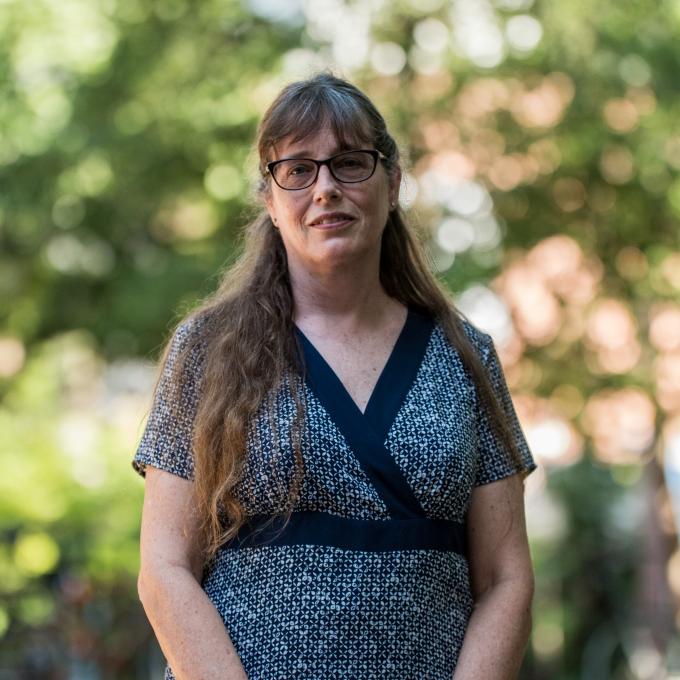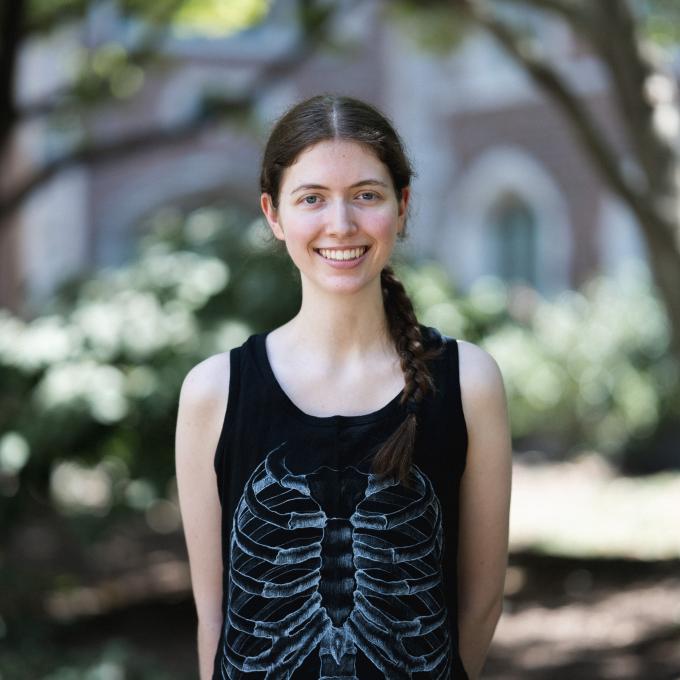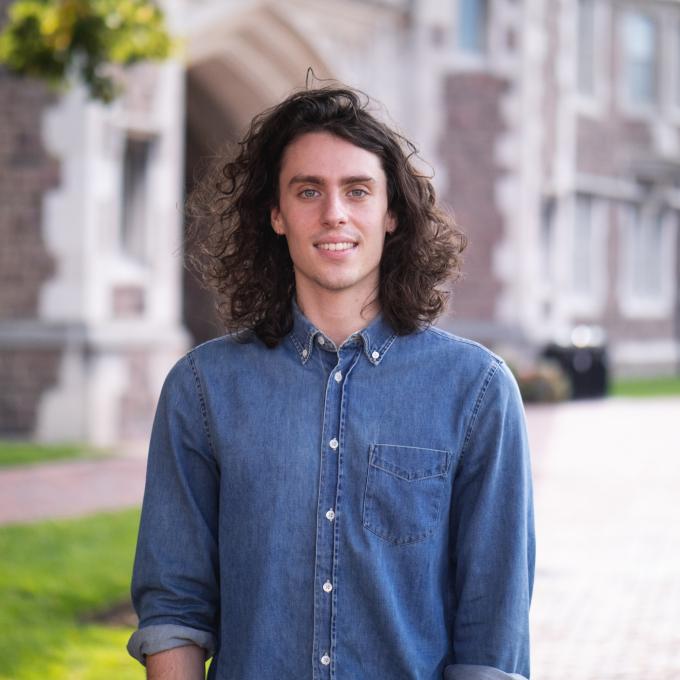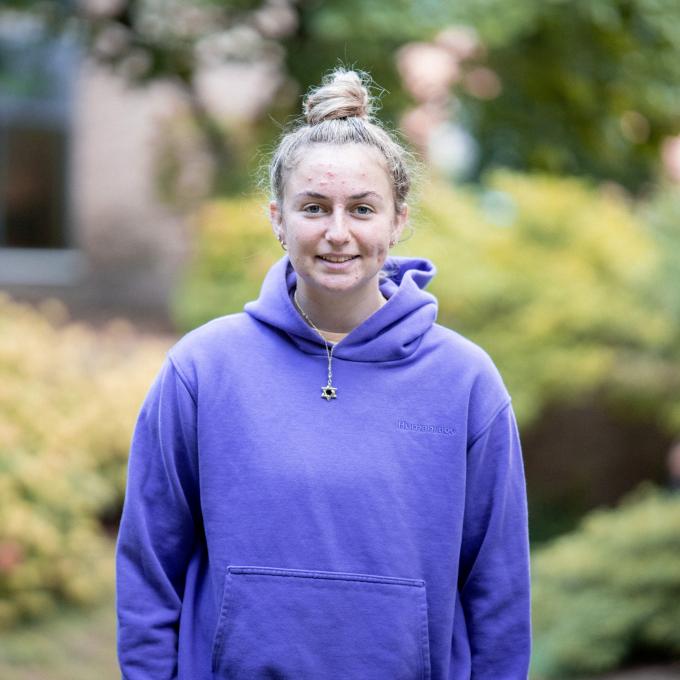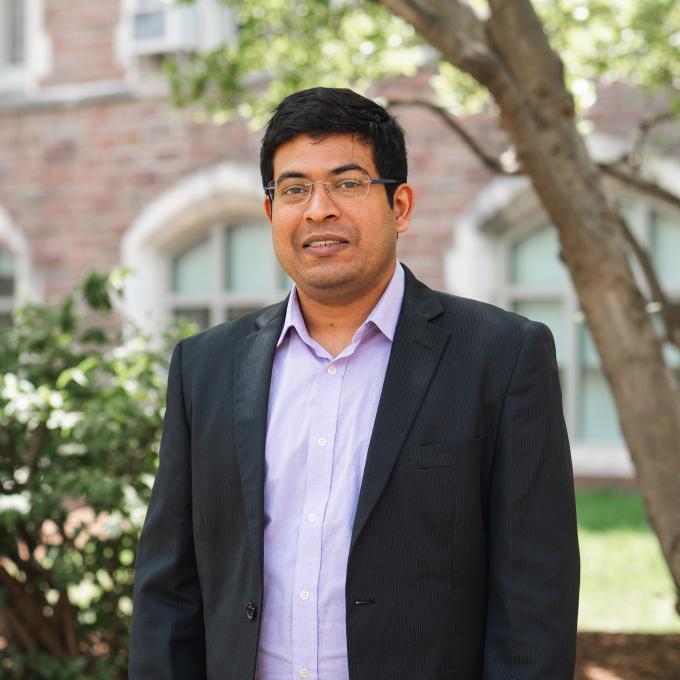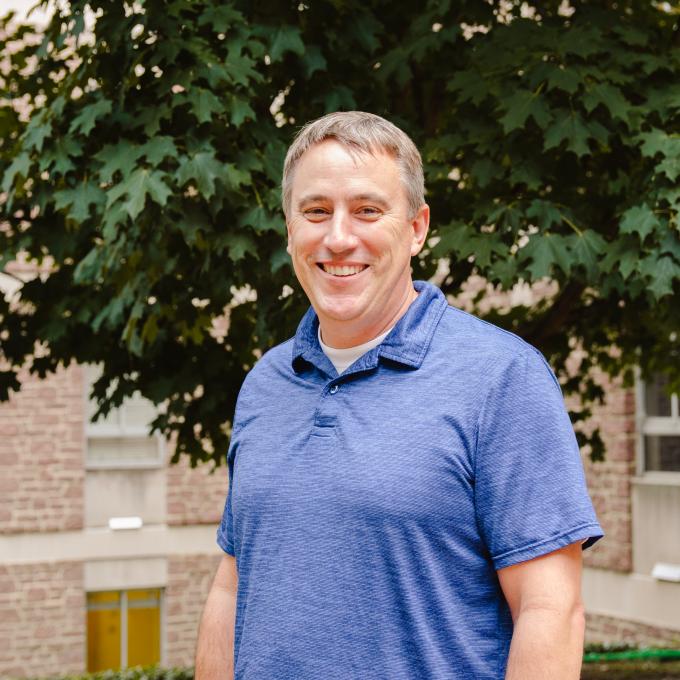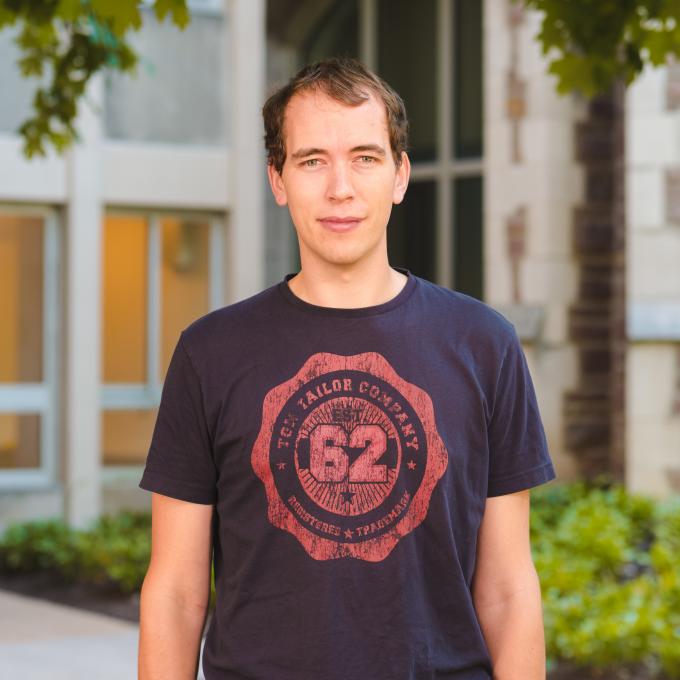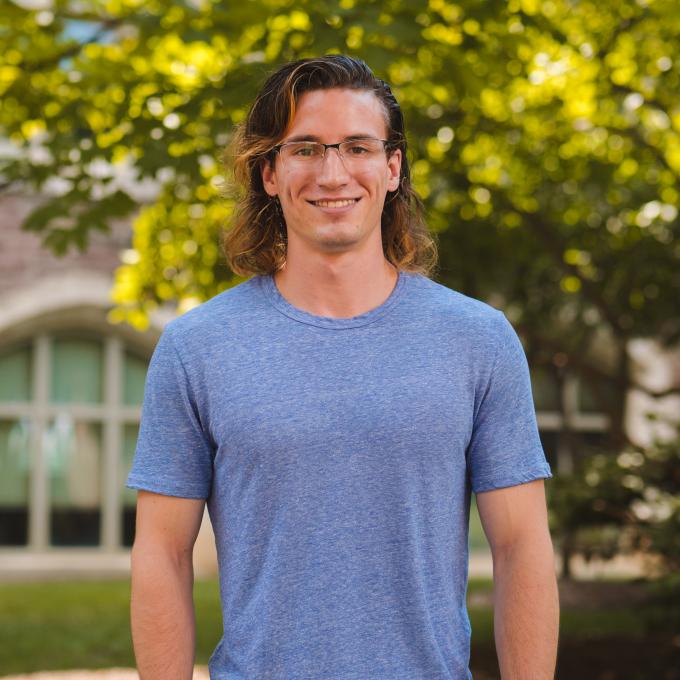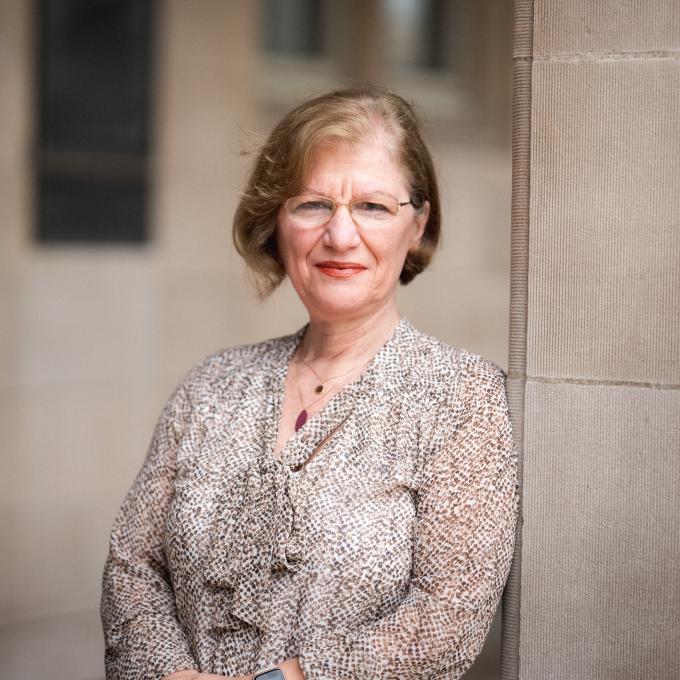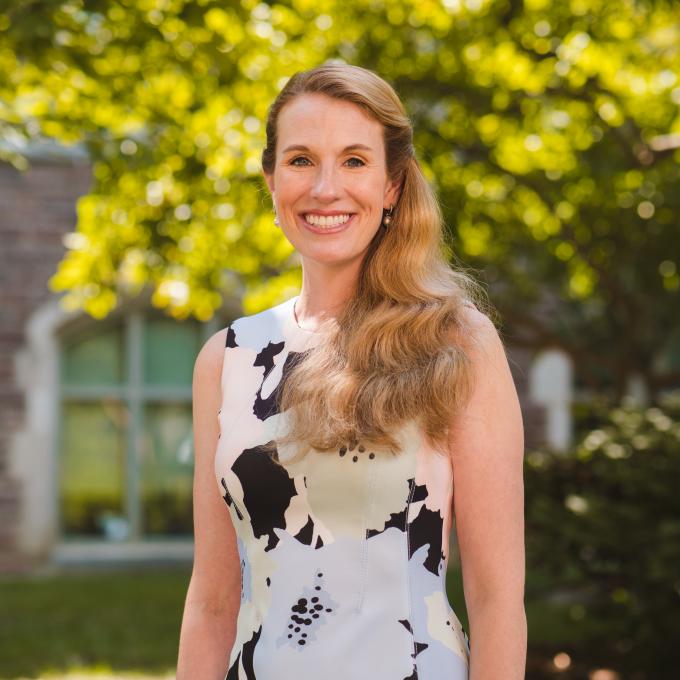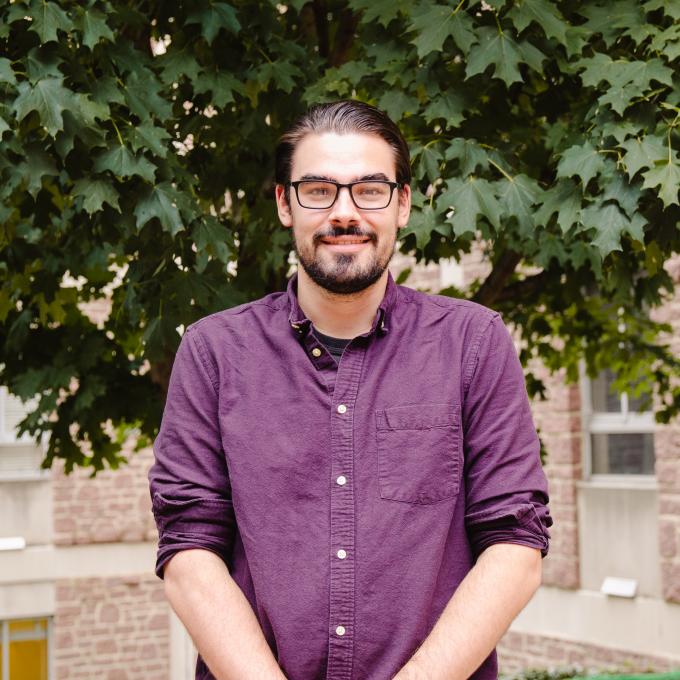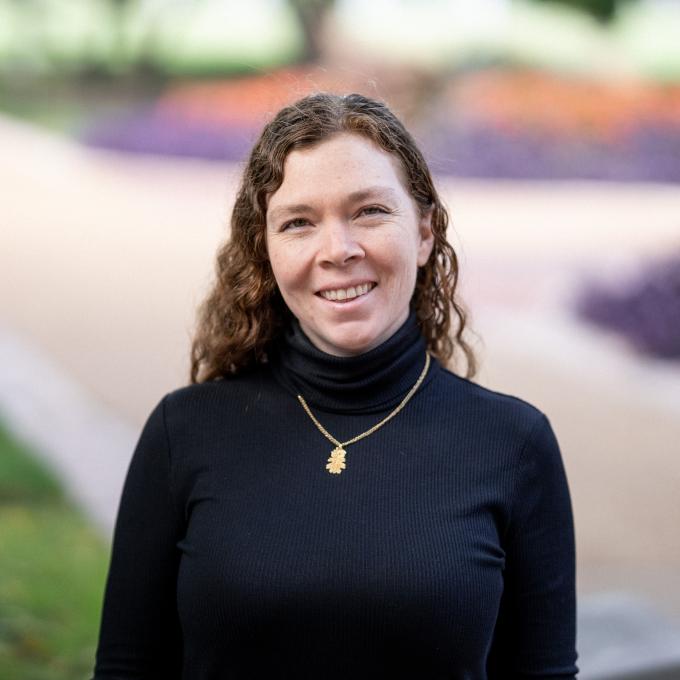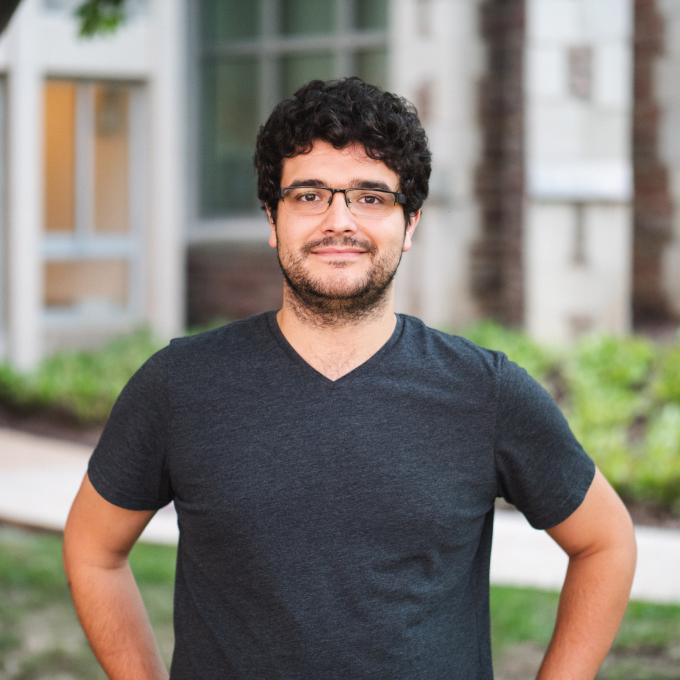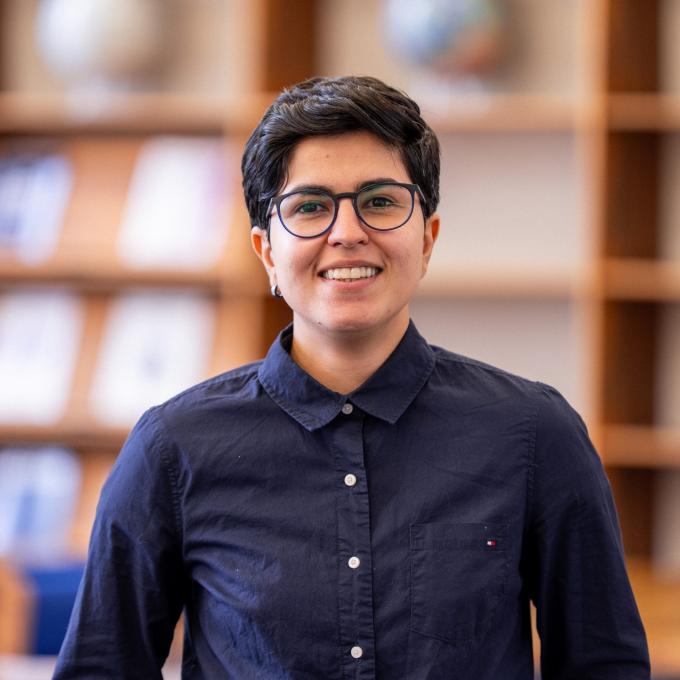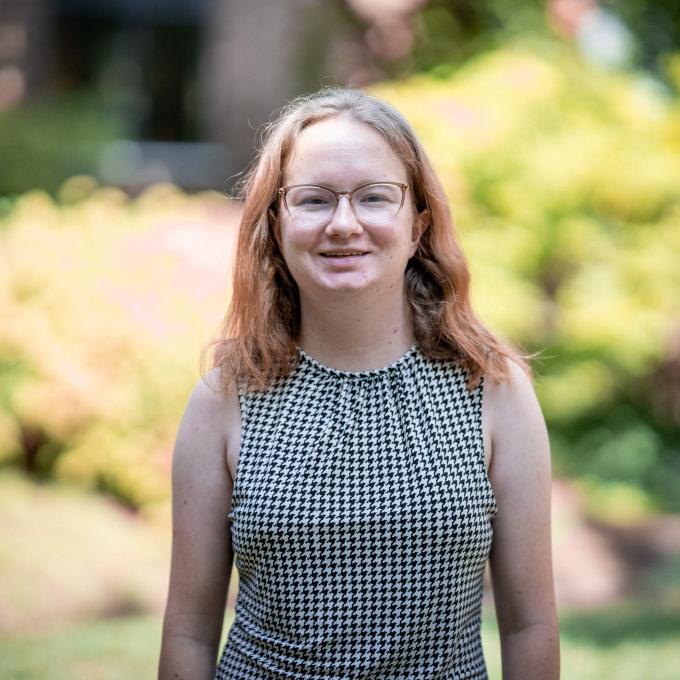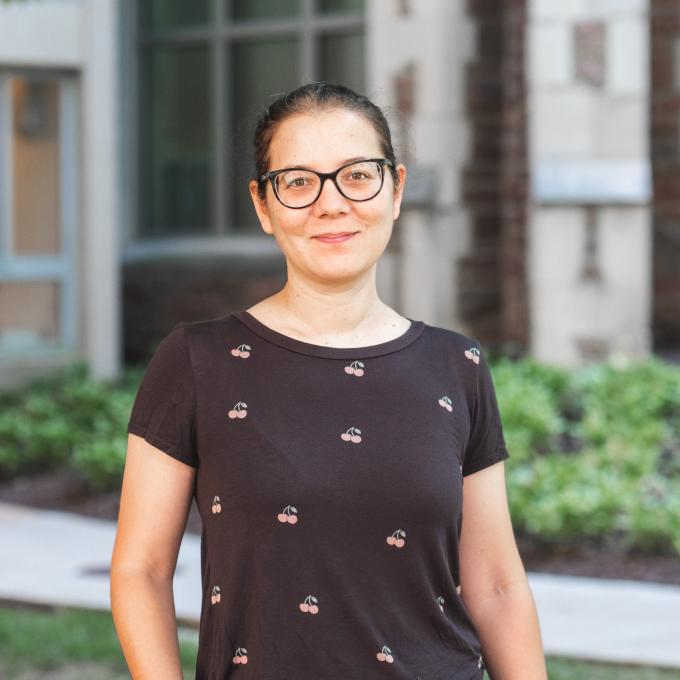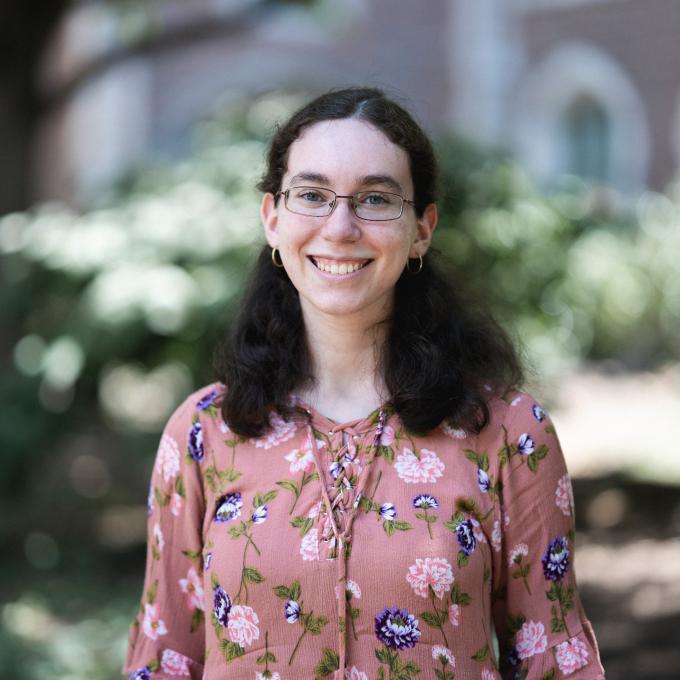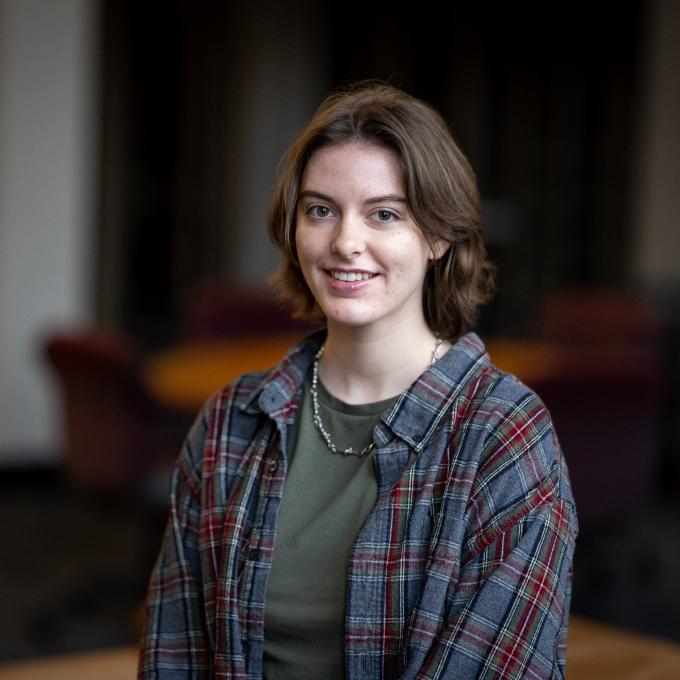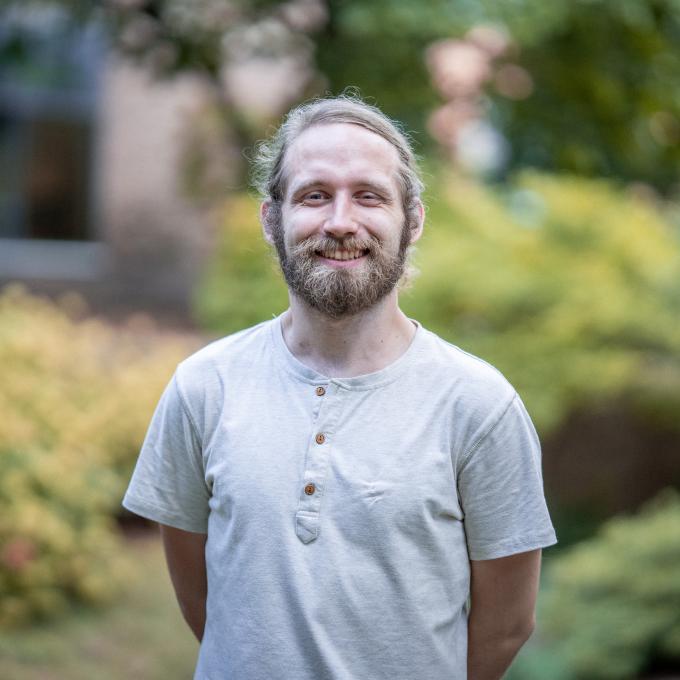Our Goals
The Physics Diversity, Equity & Inclusion Committee is focused on furthering diversity and on creating a welcoming and inclusive climate where everyone can thrive and be academically successful. We are especially invested in increasing the population of underrepresented groups in physics and in actively promoting a cultural change within our department and the larger field of stem.
The committee includes representatives from undergraduate students, graduate students, staff, and all levels of faculty. Everyone in the department is welcome to provide input through email, via in person/zoom meetings, as well as through the anonymous inclusion feedback form. The committee presents at departmental gatherings and organizes informational and training events. Meetings between the committee and similar committees in other departments are aimed at establishing best practices and coordinating across departments.
Diversity, Equity & Inclusion Action Plan
- Improve recruitment and retention strategies for underrepresented graduate and undergraduate students in physics
- Provide suggestions for inclusive online, hybrid, and hyflex teaching. Please check out the recommendations compiled by the Center for Teaching and Learning
- Work with the department to include a track for physics majors with low or limited previous exposure to physics/calculus, and to develop a PairUP program aimed at increasing communication among first year undergraduates and the rest of the department
- Work on creating/finding summer research fellowships, scholarship possibilities for underrepresented students and scholars in physics
- Prepare code of conducts and policies to help facilitate the cultural change and the development of an inclusive and anti-bias working and learning environment
- Organize community events for women and URMs in physics
- Support our international colleagues and create the best environment for all
- Work with the campus wide diversity committee to make sure STEM departments achieve a diverse student, faculty, and staff body in which everybody can thrive and develop to their full potential
- Support underrepresented groups in physics in all aspects of their academic pursuits

